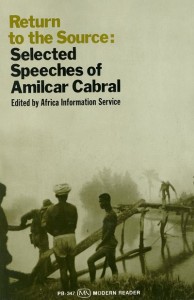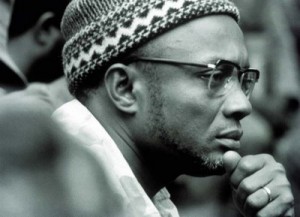Practise revolutionary democracy in all aspects of party life. Every responsible worker must bravely assume his responsibilities, must demand from others respect for his activity and must respect the activity of others. Do not hide anything from the mass of the people, do not lie, fight against lies, do not disguise the difficulties, errors and failures, do not believe in easy victories, nor in appearances.
Revolutionary democracy demands that we should combat opportunism, tolerance towards errors, unfounded excuses . . . Practise and defend the truth and always the truth in front of militants, responsible workers, the people whatever the difficulties knowledge of the truth might cause. Revolutionary democracy demands that the militant should not be afraid of the responsible worker, that the responsible worker should have no dread of the militant, nor fear the mass of the people. It demands that the responsible worker live in the middle of the people, in front of the people and behind the people, that he work for the party serving the people. Continue reading →


